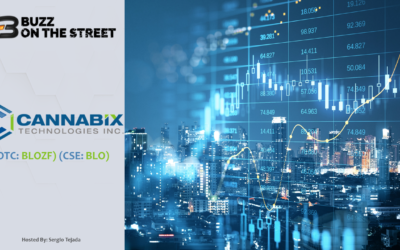Artificial Intelligence (AI) is revolutionizing industries worldwide, impacting everything from healthcare and finance to retail and transportation. As this technology continues to evolve, its influence on the job market is becoming increasingly apparent. While AI promises to streamline processes, increase efficiency, and drive innovation, it is also reshaping the workforce, creating new job roles, and rendering others obsolete.
Automation and Job Displacement
One of the most significant impacts of AI on the job market is automation. AI-powered machines and algorithms are increasingly capable of performing tasks that were once exclusively in the domain of humans. Repetitive, routine tasks in manufacturing, customer service, data entry, and transportation are being automated at an unprecedented pace.
This automation inevitably leads to job displacement, particularly for roles that involve manual or repetitive tasks. For instance, jobs in manufacturing, such as assembly line work, are increasingly being taken over by robots. Similarly, AI-powered chatbots are handling customer inquiries, reducing the need for human customer service representatives.
The Rise of New Job Roles
While AI may eliminate certain jobs, it also creates new opportunities. The technology itself requires skilled professionals to develop, implement, and maintain it. As a result, there is a growing demand for data scientists, machine learning engineers, AI researchers, and software developers.
Moreover, AI is driving the creation of new job roles that didn’t exist before. For example, AI trainers are responsible for preparing datasets and fine-tuning algorithms to ensure accurate results. Ethical AI specialists ensure that AI systems are developed and used responsibly, considering issues such as bias and fairness.
Upskilling and Reskilling
As AI transforms the job market, there is a growing emphasis on upskilling and reskilling the workforce. Many jobs now require a combination of technical and soft skills to work effectively with AI systems. For instance, data analysts need to understand both data science and the business domain they work in.
Companies are investing in training programs to help their employees adapt to these changes. Governments and educational institutions are also developing initiatives to provide workers with the skills they need to thrive in an AI-driven economy.
The Gig Economy and Remote Work
AI is also reshaping the nature of work itself. The rise of AI-powered platforms is enabling the growth of the gig economy, where temporary or freelance jobs are prevalent. Platforms like Uber, Airbnb, and TaskRabbit connect workers with short-term jobs, providing flexibility but also uncertainty.
Additionally, AI is facilitating remote work by enabling better collaboration and communication regardless of geographical location. With AI-powered tools for project management, communication, and collaboration, remote teams can work together seamlessly, opening up new opportunities for both employers and workers.
Conclusion
As artificial intelligence continues to evolve, its impact on the job market will only become more pronounced. While automation may lead to job displacement in some sectors, it also creates new opportunities and job roles. To thrive in this changing landscape, workers will need to adapt, acquiring new skills and embracing lifelong learning. By doing so, they can harness the power of AI to drive innovation and create a more efficient and productive workforce.



